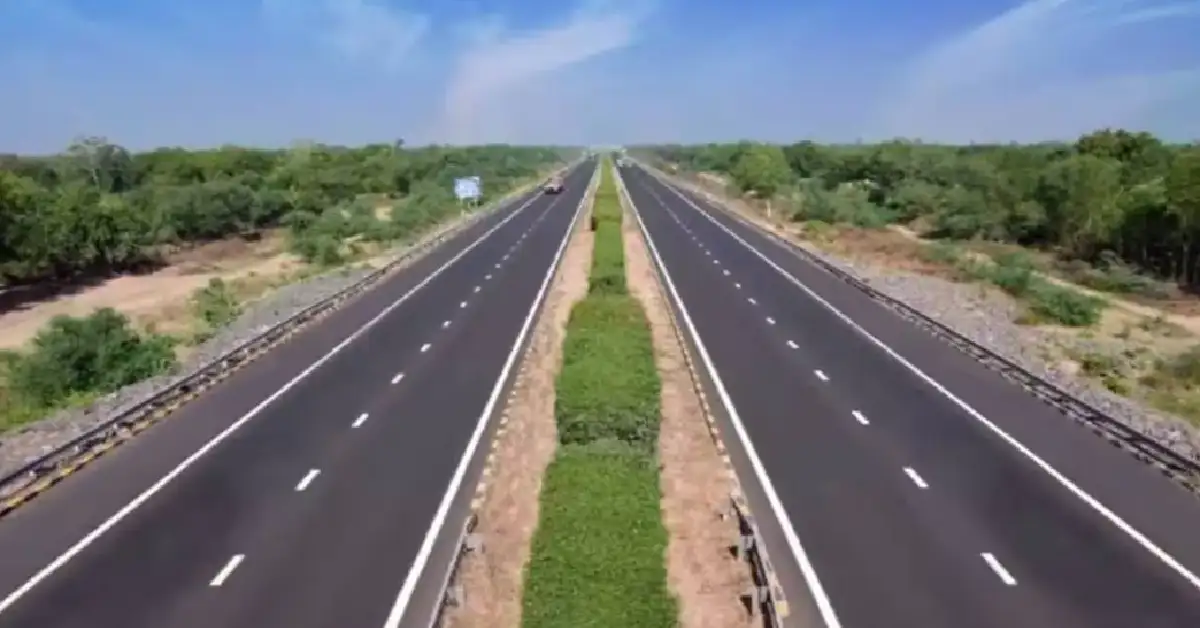Subtotal ₹0.00
The National Highways Authority of India (NHAI) has tightened provisions in its request for proposal (RFP) framework to raise the quality of highway projects, curb execution delays, and reduce lifecycle costs. The revised norms, announced by the Ministry of Road Transport and Highways (MoRTH), focus on stricter contractor qualification standards, stronger compliance during execution, and greater financial transparency.
Key changes include clearer definitions of bid eligibility criteria, curbs on unauthorized subcontracting, and a ban on third party–sourced bid and performance securities to strengthen accountability and enforceability in project implementation.
Request for proposal, or RFP, is a formal document inviting bids from contractors or vendors to execute a project, outlining requirements, terms, and evaluation criteria.
One of the important elements of the provision is clarification of the “Similar Work” criteria in bid qualification, which has been often misrepresented by contractors to gain eligibility for large-scale highway projects despite having experience only in minor or peripheral works that do not reflect the complexity and scale of full-fledged highway development, the statement added.
NHAI has now clarified that “Similar Work” shall refer exclusively to completed highway projects that include all major components comparable to those required for the project for which the bid has been invited.
In addition to refining the qualification criteria, the clarifications to RFP also seek to address the unauthorized engagement of EPC (engineering, procurement, and construction) contractors in HAM & BOT (Toll) projects and subcontractors in EPC projects. Instances have been observed where concessionaires or selected bidders have engaged contractors without the required prior approval of NHAI or exceeded the permissible subcontracting limits, the statement said.
Under HAM, or hybrid annuity model, highways are developed in public-private partnership. This model, introduced by NHAI, mixes the EPC and Build-Operate-Transfer (BOT) annuity features to speed up road development.
The practice of engaging contractors without NHAI’s approval or exceeding the subcontracting limits not only violates contractual norms but also poses risks to quality assurance, project timelines, and regulatory oversight. Any unauthorized subcontracting and subcontracting beyond permissible limits will be classified as “Undesirable Practice,” thereby attracting penalties on par with fraudulent practices. This move will help to reinforce discipline in contract execution and safeguard the integrity of the implementation process.
Another major component of the reform involves prohibiting the submission of “Bid and Performance Securities” that are sourced from third parties. It has been reported that some selected bidders have furnished financial securities issued by third parties, which undermines the principle of accountability and raises concerns regarding enforceability and bidder liability. Now, it has been clarified to disallow such third party-sourced instruments, ensuring that only securities backed by the bidder or its approved entities are accepted, the ministry said. The step is expected to enhance financial transparency and improve the enforceability of contractual obligations.














